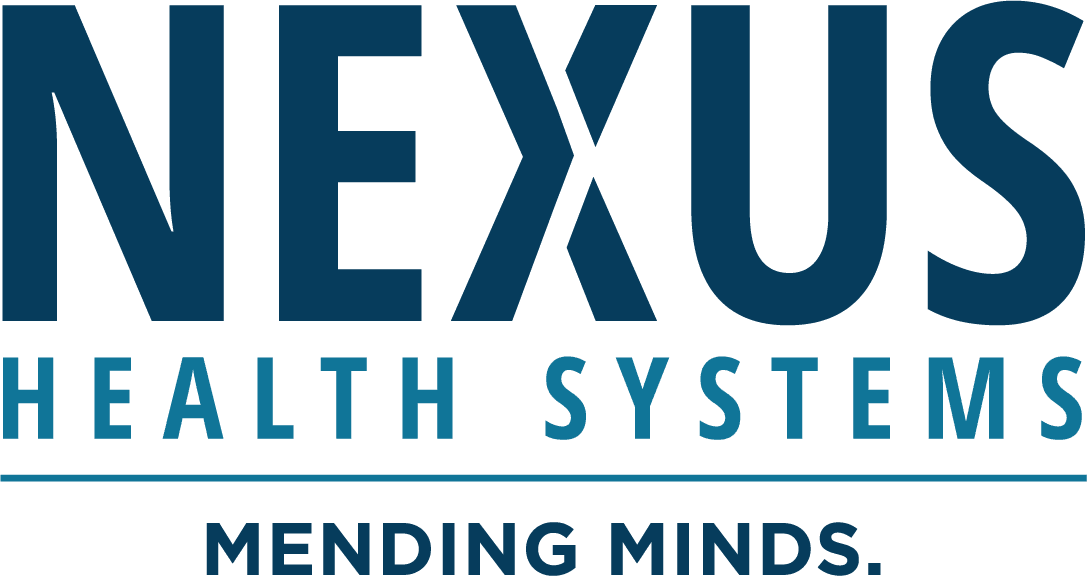For patients recovering from severe illnesses or injuries, ventilator dependence can feel like an insurmountable barrier. At Nexus Health Systems, we see it as an opportunity to make a difference — by helping patients take their first breath of independence. Through our Harbor and Rise programs, we apply creative, patient-centered solutions to ventilator weaning to liberate patients as quickly and safely as possible.
“Life is not a textbook,” said Kenneth Douglas, RRT, Director of Respiratory Services at Nexus Children’s Hospital. “The textbook just provides guidelines. We look at real-world applications of ventilator dependence, then find creative ways to help patients breathe on their own.”
A personalized approach to respiratory care
At Nexus, we don’t believe in a one-size-fits-all approach to ventilator weaning. Every patient is different, with unique needs, capabilities, and motivations. Our respiratory therapists begin by building a complete picture of the patient’s condition. Using clinical data as a foundation, they observe physical signs — such as respiratory patterns and strength — as well as emotional and behavioral cues.
Even when patients are in states of minimal consciousness, Nexus therapists take the time to sit with and observe them. “You have to connect with your patients and let them know you care,” Douglas said. “If you don’t care, you can’t work for this organization.”
This compassionate approach extends to the patient’s involvement in their care. At Nexus, ventilator patients play an active role in the process. “We tell patients, ‘if you listen to us, there’s an 80% chance we can get you off this machine.’”
In one instance, for example, Nexus therapists recognized that a patient was particularly food-motivated. While Nexus therapists were keen to avoid providing positive reinforcement with food, they saw an opportunity to motivate him by making regular mealtimes dependent upon the use of a trach collar. Within five days, the patient was liberated from the ventilator.
Mobilizing patients as early as possible
For ventilator-dependent patients, early mobilization is key to successful weaning. Prolonged mechanical ventilation and immobility can lead to muscle atrophy, particularly in respiratory and peripheral muscles, making it harder for patients to transition to independent breathing. By engaging in activities such as sitting up or light movement, patients maintain muscle strength, improve lung expansion, and reduce the risk of complications like pneumonia and atelectasis (collapsed lung). Mobilization also promotes better circulation and oxygen delivery, which are vital for weaning success. Nexus’ state-of-the-art equipment allows patients to mobilize quickly and with relative ease, providing both physical and psychological benefits.
“All of our ventilators allow us to mobilize patients in a matter of minutes, which is a very powerful tool for families and patients,” Douglas explained. “It’s very good for the psyche to get out in the sunshine.” By collaborating with physical therapy teams, Nexus ensures patients are not only breathing better, but also moving toward greater independence.
A team trained to innovate
Nexus trains its respiratory therapists to think outside the box, equipping them to find solutions beyond standard protocols. “I teach my team not to be so textbooky that they can’t think of creative solutions,” Douglas said.
This emphasis on innovation ensures that even the most complex cases receive highly personalized treatment plans. In fact, many patients are referred to Nexus because their needs are particularly complex and cannot be met at other facilities. From adjusting ventilator settings to introducing new therapies and creative behavioral strategies, Nexus’ respiratory team is committed to helping each patient succeed.
Programming designed to maximize long-term functionality
For more than 30 years, Nexus has developed post-acute programming designed for those rehabilitating from life-altering injuries and illnesses. The Harbor Program, for example, provides a safe and supportive environment for patients recovering from serious illnesses or trauma. With services ranging from pulmonary care and ventilator weaning to wound care and rehabilitative therapies, patients gain the confidence and strength to face the challenges ahead.
For those recovering from neurological disorders, the Rise Program offers individualized care that evolves with the patient’s responsiveness and medical needs. By combining skilled therapies that improve sensory, motor, behavioral, and cognitive functions, the Rise Program helps patients regain as much independence as possible, thereby empowering their return to lives of productivity and meaning.
A commitment to compassionate care
At Nexus Health Systems, ventilator weaning is more than a clinical process — it’s a recovery journey guided by compassionate care. For patients and families, that care makes all the difference. It means having a team that not only believes in the patient’s potential to heal, but also works tirelessly to help them achieve their goals.
If you or a loved one is facing the challenges of ventilator dependence, Nexus Health Systems is here to help. Contact us to learn more about our programs and how we can support your rehabilitation.

